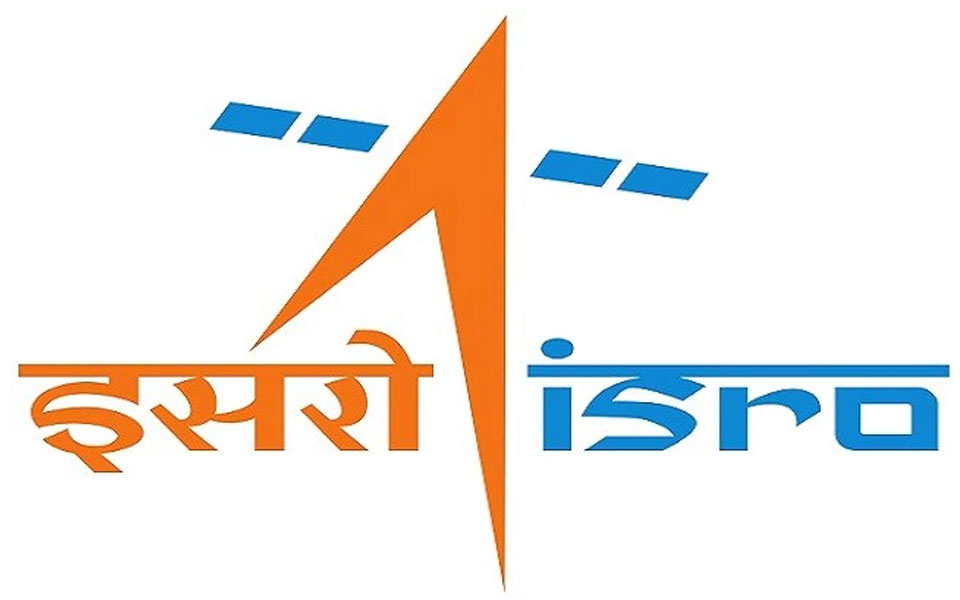Chennai, July 15 : Over 130 companies have shown interest in the Indian space agency's lithium ion cell technology and the pre-application conference will be held on Tuesday, said a senior official.
"The response to our announcement to transfer the lithium ion cell technology is overwhelming. More than 130 companies have purchased the RFQ document. The pre-application conference will be held on Tuesday," S. Somanath, Director, Vikram Sarabhai Space Centre (VSSC), told IANS.
The Indian Space Research Organisation (ISRO) in June announced its decision to transfer its own lithium ion cell technology to the Indian industry on a non-exclusive basis for usage in automobiles for Rs 1 crore.
The space agency had said the initiative will accelerate the development of the indigenous electric vehicle industry.
The VSSC, located in Kerala, will transfer the lithium ion cell technology to the successful Indian industries/start-ups on a non-exclusive basis to establish production facilities in the country that can produce cells of varying size, capacity, energy density and power density catering to the entire spectrum of power storage requirements, ISRO had said.
According to Somanath, the transfer of technology will start from transfer to documentation.
"Successful companies can come to VSSC and familiarise themselves about the battery technology. We do not have the manpower to depute to the technology buyer's place," Somanath said.
According to him, the lithium ion cell battery technology buyers can innovate further so address the market needs.
"Batch manufacturing of lithium ion cells is sufficient for ISRO's needs. Whereas in the case of mass production it is only the industry that can do it," he added.
Somanath said the ISRO makes lithium ion cell batteries of various sizes and power (1.5 ampere to 100 ampere) to power its rockets and satellites.
"ISRO will not get any royalty from the buyers of its lithium ion cell technology. Our idea is to enable the industry to develop," Somanath said.
He said ISRO for its use will source lithium ion batteries from Bharat Heavy Electricals Ltd (BHEL) as the technology has been transferred to the power equipment major.
Last month, ISRO issued the RFQ containing a brief description of the qualification process and technology transfer process, instructions to applicants, eligibility criteria, timelines and other details.
All queries or request for additional information concerning the RFQ will be addressed at the pre-application conference, the space agency had said.
ISRO also said that the "competent firm's security deposit will be adjusted against the technology transfer fee of Rs 1 crore. The security deposit (Rs 400,000) of unsuccessful applicants or withdrawn applications will be returned, without any interest".
The one-time technology transfer fee has to be paid within 30 days of the qualification date.
"Technology shall be transferred to all/any of the competent firms who qualify the eligibility criteria as specified in the RFQ. The required process documents shall be provided by ISRO at the time of signing of technology transfer agreement and payment of technology transfer fee," ISRO had said.
Presently, the lithium-ion battery is the most dominant battery system finding applications for a variety of societal needs including mobile phones, laptops, cameras and many other portable consumer gadgets apart from industrial applications and aerospace.
Recent advances in the battery technology have made it the preferred power source for electric and hybrid electric vehicles also.
Let the Truth be known. If you read VB and like VB, please be a VB Supporter and Help us deliver the Truth to one and all.
Kalaburagi: Four men have been arrested in Kalaburagi on charge of hacking a man with lethal weapons and pelting stones at him under the limits of Station Bazaar Police Station recently.
According to police sources, Anand Jalak Shinde (34), Ashitosh Jalak Shinde (30), Imran Mehboob Sheikh (28) and Sohaib Anwar Qureshi have been arrested. The men are accused of the brutal murder of Syed Mehboob, a resident of Station Bazaar Upper Line Hamalawadi in the city.
An FIR was filed by the Station Bazaar Police Station based on a complaint given by Syed Ismail, father of the deceased Syed Mehboob.
Following quick probe, the police team successfully arrested the suspects within 24 hours. The arrested men were produced in court and have been sent to judicial custody.
The City Police Commissionerate has appreciated in an official release the police team’s quick solving of the murder case and arrest of the four men accused of murdering Syed Mehboob.





